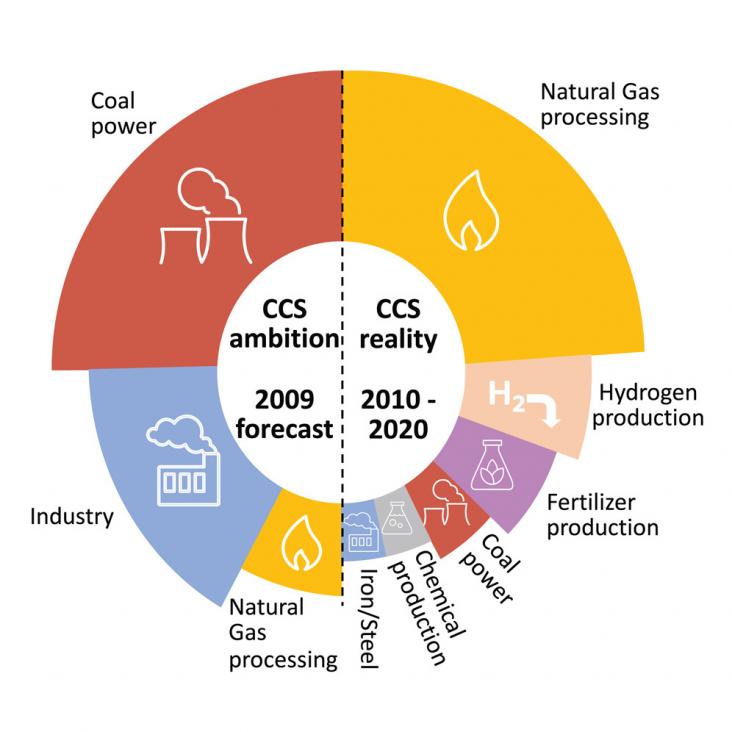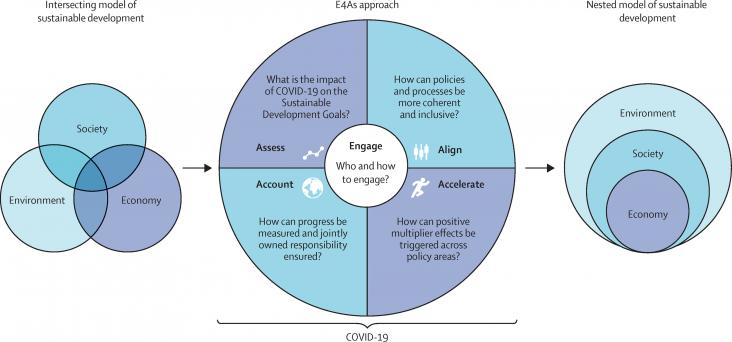This paper looks into the issues around renewable energy with a view to identify the opportunities for Nigeria and critically review the nation's renewable energy policy vis-à-vis the efforts and achievement of governments and indigenous practitioners.
This article supports SDGs 11, 13, and 15 by revealing the threats and damages caused by the changed hydrological ecosystem in Hoh Xil of Tibetan Plateau.
Climate change is both an important social determinant of health (SDH) and a worsening public health threat. Though a warming climate threatens everyone, pediatric populations are particularly vulnerable.
This content advances UN SDG 10 and 13 goals and seeks to examine implications of the Ramsar Convention’s silence on the procedural right to participation in light of indigenous peoples and local communities’ rights in Africa.

A Viewpoint on Europe's response to climate change, in the context of SDGs 12, 13, and 17, focusing specifically on the use of region-specific indicators to address the main challenges and opportunities of Europe's response in the context of public and planetary health.
Introduction: Air pollution may play an important role in the development of lung cancer in people who have never smoked, especially among East Asian women.

Following the landmark 2015 United Nations Paris Agreement, a growing number of countries are committing to the transition to net-zero emissions.

COVID-19 is disrupting and transforming the world. We argue that transformations catalysed by this pandemic should be used to improve human and planetary health and wellbeing.
Climate change mitigation requires energy transition supported by public to maximize policy acceptance. We examine if transiency of residence and life satisfaction affect climate change perceptions and opinions on energy sources. We find that transiency of residence and life satisfaction have significant effect in shaping views towards climate change. Results indicate that individuals concerned about local impact of climate change are supportive of renewable energy sources.
Fish experiencing abnormally high or prolonged elevations in temperature can exhibit impaired reproduction, even for species adapted to warm water environments.
